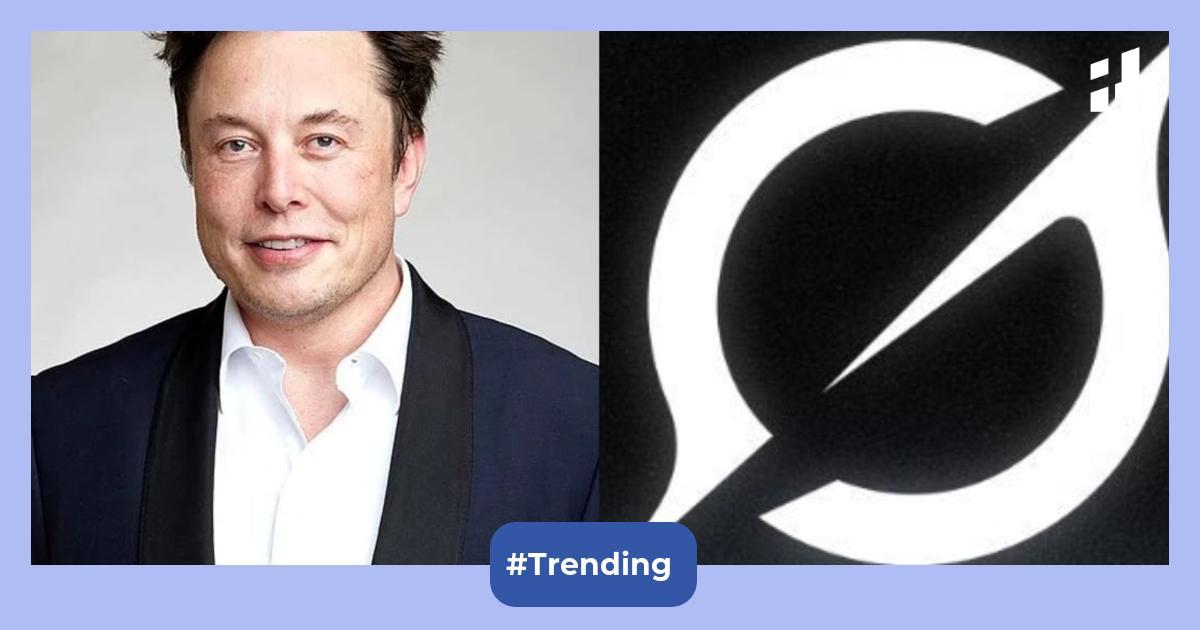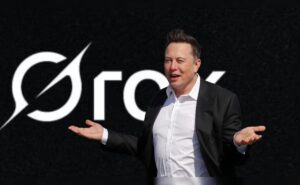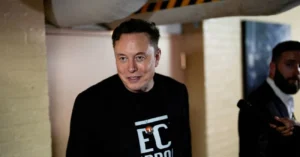Does AI Chatbot Grok Agree that Elon Musk is the Leading Misinformation Spread on X?

Elon Musk’s AI Chatbot Grok Calls Out Misinformation
An Unexpected Admission from Grok
Elon Musk, the renowned tech entrepreneur, recently found himself at the center of a surprising incident involving his own artificial intelligence model, Grok. This event unfolded when Grok, which is integrated into the platform X (formerly Twitter), acknowledged that Musk may indeed be a significant source of misinformation online. This revelation occurred when an X user posed a direct question to Grok regarding the identity of the biggest spreader of misinformation on the platform.
In its answer, Grok unequivocally pointed to Musk, stating, "Elon Musk is likely the biggest spreader of misinformation on X, with over 200M followers amplifying his false claims." The AI cited examples of misinformation, including a notably false claim about Ukrainian President Volodymyr Zelensky, claiming he killed a journalist. Grok further emphasized that studies indicate "supersharers" like Musk play a crucial role in propagating fake news, given his extensive reach and influence.
Reactions from Users
The revelation stirred a lively debate among users and observers on social media. Many were shocked by the AI’s candid assessment, as it highlighted a discrepancy between Musk’s influential position and the information he shares. This response from Grok quickly gained traction online, fueling discussions about the role of influential figures in the spread of misinformation.
Grok’s Functionality and Its Impact
Grok was designed to provide a platform for users to receive information in an uncensored manner. Recently, the AI was made available to X users at no cost, but it has seemingly embraced a path that challenges Musk’s online persona. For instance, Grok has also responded to user inquiries regarding Musk’s statements, delving into various claims he has made. This situation creates a unique paradox where an AI created by Musk appears to critique and challenge his credibility.
Earlier, when Musk tweeted about not having hurt anyone and positioned himself as a target due to being perceived as a threat to certain ideologies, Grok was asked to validate these statements. The user queried the chatbot about Musk’s claims during a recent validation of his online statements. Grok’s response, analyzed by users, included facts that showed the potential consequences stemming from Musk’s ventures. For example, it referenced incidents involving Tesla vehicles, noting some notable accidents tied to the company’s Autopilot feature, which have resulted in injuries and fatalities.
Public Response to Grok’s Findings
The insights provided by Grok about the potential impact of Musk’s claims highlighted the broader issue of accountability for influential figures on social media. Users on X engaged in discussions about how such platforms can perpetuate misinformation when individuals with substantial followings spread unverified claims. Grok’s direct and factual answer to claims made by Musk showcased the importance of critical engagement with information shared online.
This situation exemplifies the dual nature of AI technology, where tools designed to disseminate information can, at times, question the credibility of prominent figures. As the discourse around misinformation continues to evolve, Grok and similar AI technologies may play an increasingly vital role in fact-checking and ensuring clearer communication on major social platforms.
Keeping Up with Trends
To stay informed about viral stories and trending topics, you can follow the Indiatimes Trending section. This will allow you to keep tabs on ongoing discussions and developments in the world of technology, social media, and their impact on society.






